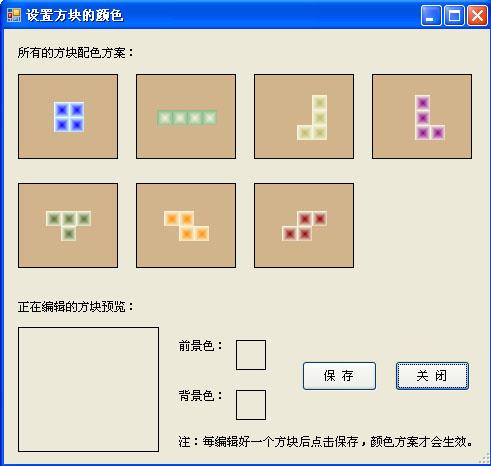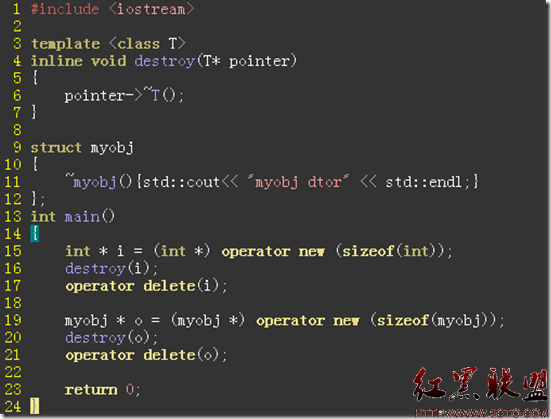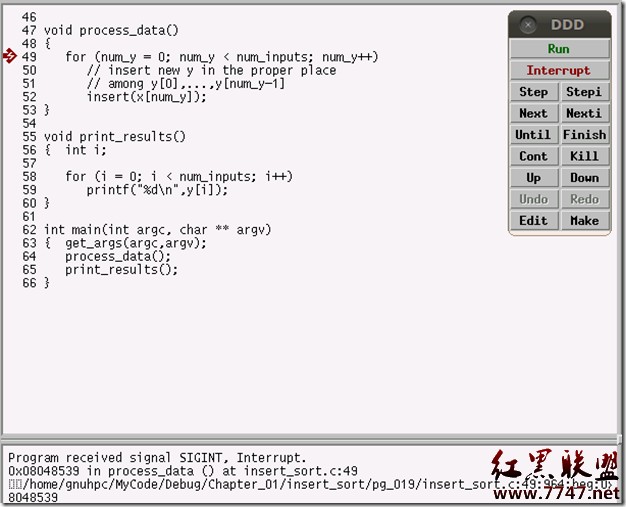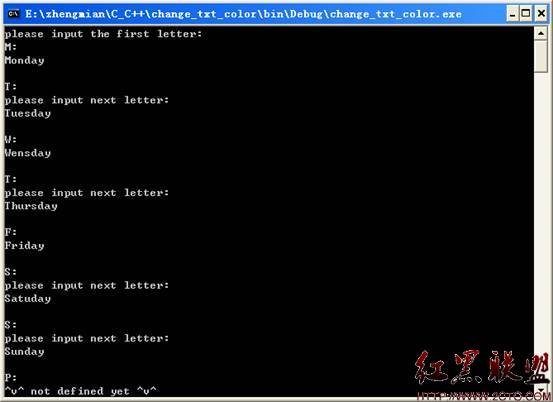GCC扩展符(#,##)
先来说说这两个扩展符的各自用处吧,“#”是将宏字符串化(Stringification),“##”是将##左右两边的标签组合在一起(token pasting or token concatenation),下面从两个简单例子着手:[cpp]#define SSVAR(X,Y) const char X[]=#YSSVAR(InternetGatewayDevice, InternetGatewayDevice.);上面这个例子实质是借用了#扩展符去实现名为InternetGatewayDevice的字符数组初始化,其等价代码(可以通过gcc –E展开获得)如下:[cpp]const char InternetGatewayDevice[]="InternetGatewayDevice.";下面这个例子比较常见,用于打开不同的路径。[cpp]#define DEV_FILE_NAME "/dev/test_kft"#define OPEN_FILE(fd, n) \{ \fd = open(DEV_FILE_NAME ##n, 0); \if (fd < 0) \{ \printf("Open device error/n"); \return 0; \} \}OPEN_FILE(fd1, 1);OPEN_FILE(fd2, 2);其展开的等价代码如下:[cpp]{ fd1 = open(DEV_FILE_NAME1, 0); if (fd1 < 0) { printf("Open device error/n"); return 0; } };{ fd2 = open(DEV_FILE_NAME2, 0); if (fd2 < 0) { printf("Open device error/n"); return 0; } };值得注意的是,##扩展符是用来连接两个标签,但是这两个标签之一不能为空!但是使用这两个扩展符,有一个极容易出现错误的地方,那就是宏展开的问题,且看下面这个例子:[cpp]#define xstr(s) str(s)#define str(s) #s#define foo 4str(foo); //->”foo”xstr(foo); //->xstr(4)->str(4)->”4”为什么str(foo)与xstr(foo)展开之后会出现完全不同的结果呢?此处就涉及到宏展开的规则问题:在宏预扫描((macro prescan)阶段,宏参数首先会被替换,替换之后,再经过下次的扫描完成最后宏的展开(macro expand),OK,说到此,似乎str(foo)在预扫描阶段应该会变成str(4),但是GCC在宏预处理阶段,特意加上了一条排外规则,那就是若宏参数被用于字符串化或者与其它标签连接,则不会被替代!结果也就可想而知了。下面是摘抄的一段预处理规则:Macro arguments are completely macro-expanded before they are substituted into a macro body, unless they are stringified or pasted with other tokens. After substitution, the en-tire macrobody, including the substituted arguments, is scanned again for macros to be expanded.
补充:软件开发 , C++ ,




